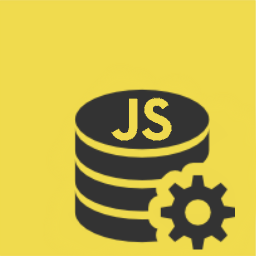A Postgres/MySQL/MariaDB/SQLite3 adapter for the JSData Node.js ORM.
npm install --save js-data js-data-sql
And then you also need to install one of the following:
pgsqlite3mysqlmysql2mariasqlstrong-oracleoraclemssql
import { SqlAdapter } from 'js-data-sql';
// Create an instance of SqlAdapter
const adapter = new SqlAdapter({
knexOpts: {
client: 'mysql'
}
});
// Other JSData setup hidden
// Register the adapter instance
store.registerAdapter('sql', adapter, { default: true });Start with the JSData + SQL tutorial or checkout the API Reference Documentation.
Please post a question on Stack Overflow. This is the preferred method.
You can also chat with folks on the Slack Channel. If you end up getting your question answered, please still consider consider posting your question to Stack Overflow (then possibly answering it yourself). Thanks!
Awesome! You can get started over at the Contributing guide.
Thank you!
Copyright (c) 2014-2017 js-data-sql project authors





